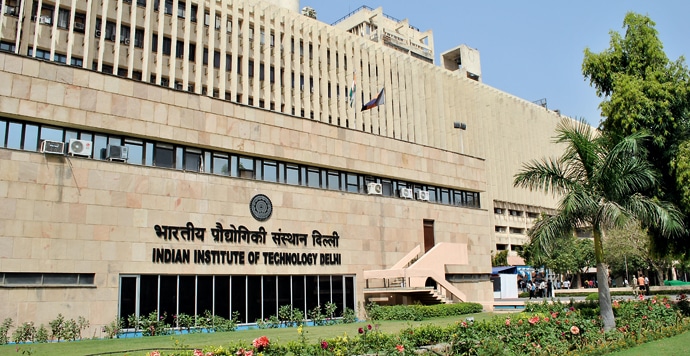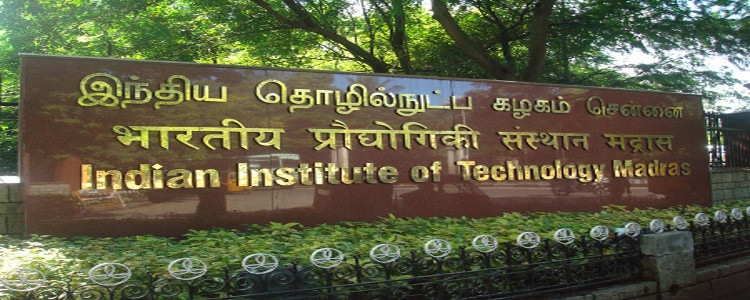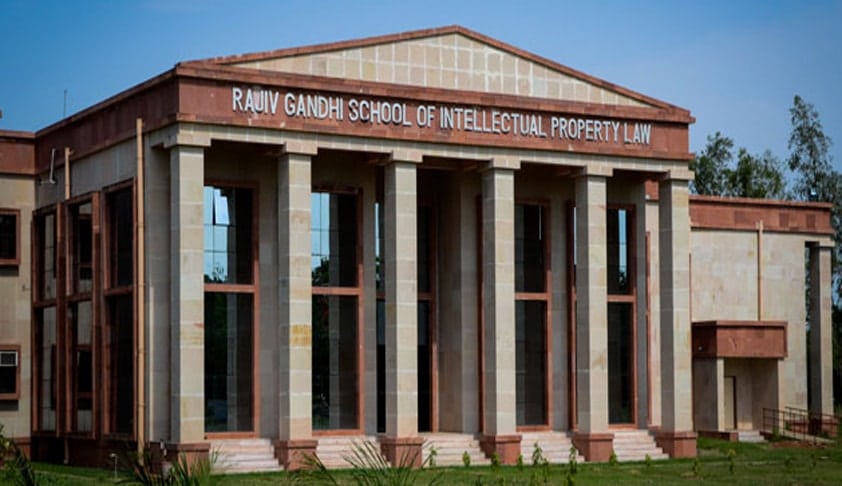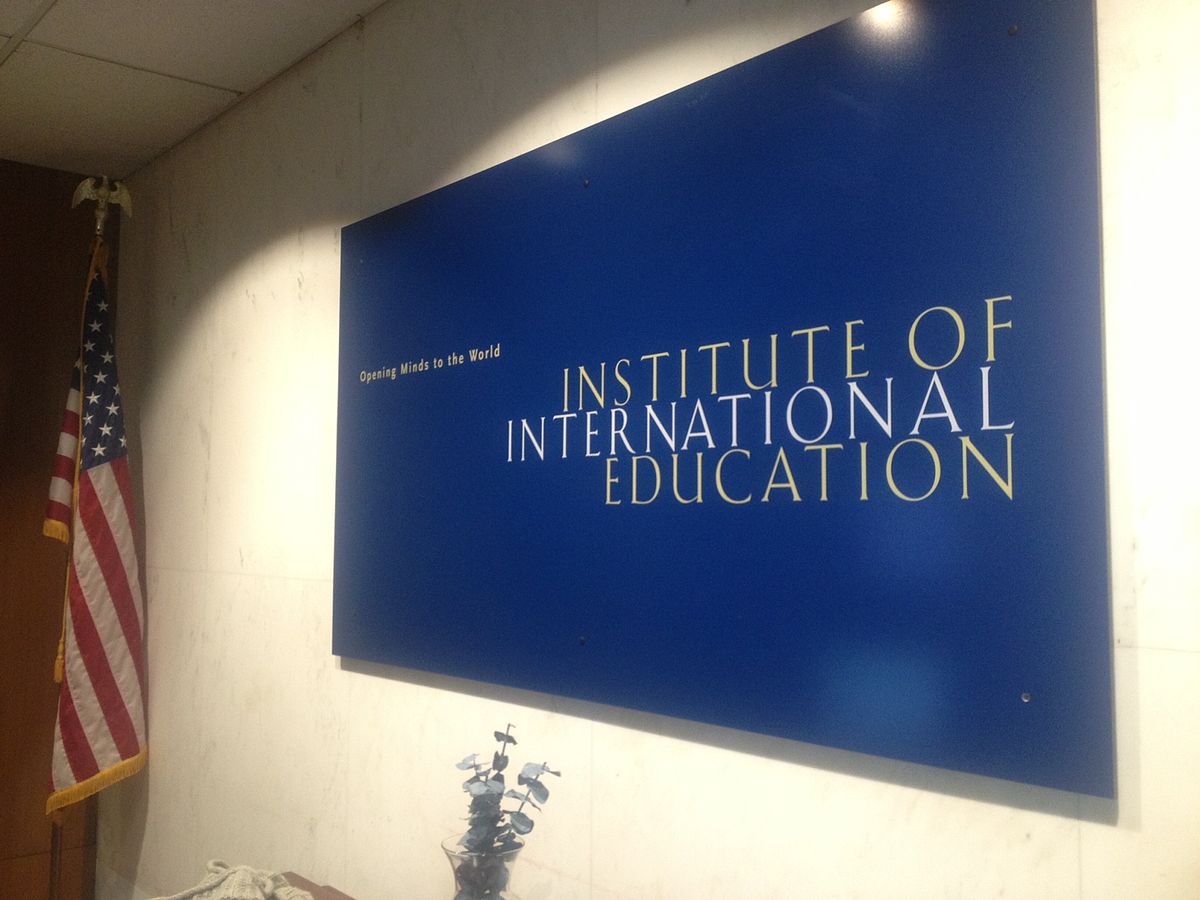To improve the education quality in Bihar, the state government has eased some of the norms of Bihar Private Universities Act, 2013 to attract private educational groups in the state.
Bihar Legislative Assembly has passed the Bihar Private Universities Amendment Bill, 2017 on March 29. According to the bill, if new universities met all other provisions of the Act then they are allowed to commence their operations from temporary or rented campuses.
“The move aims to improve the quality of higher education in the state,” Bihar Education Minister Ashok Choudhary said in the Assembly.
At present, the gross enrolment ratio (GER) of Bihar in higher education is 13.9 as against the national average of around 24. “While the GER has improved from last year’s 13, Chief Minister Nitish Kumar has set the target of achieving 30 by the end of 2020, and we are committed towards attaining it,” he added.
According to the amendment, as against the earlier requirement of 10,000 square metre building area, a new university will now require 5,000 square metre of temporary or rented campus to start their operations. But, aforementioned requirement will only be applicable, if the university meets all other conditions mentioned in the Letter of Intent (LoI).
“This is important so that institutions of national and international repute come to Bihar and our students get a chance to study there,” Choudhary said.
Also, the two-year period given to the universities for filing their compliance report in the 2013 Act, has been extended by another two years.
Bihar currently has a total of 13 government universities, including regular, technical, open and agriculture universities. However, no private varsity is functional in the state despite the Bihar Private Universities Act coming into effect in 2013.



































